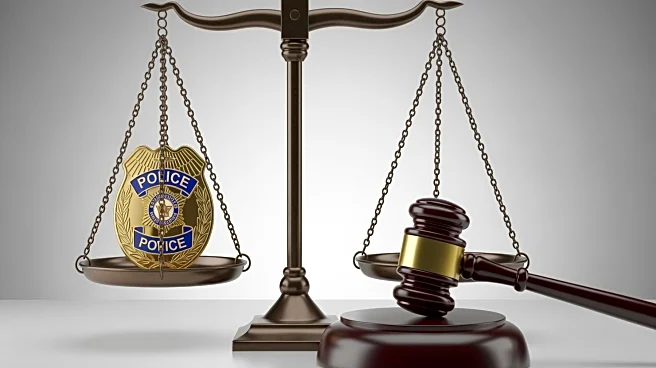What's Happening?
Police powers refer to the government's ability to enact laws for the public good, encompassing public safety, health, morality, peace, and order. The term is broader than the common understanding of police as officers maintaining public order. In the U.S.,
police power is primarily held by states, as delineated in the Tenth Amendment, which reserves powers not delegated to the federal government to the states or the people. This division of power is a central tenet of federalism. States exercise police power in various ways, such as regulating gambling and land use, and maintaining public health and safety.
Why It's Important?
Police powers are fundamental to governance, allowing states to regulate activities for the public good. This power impacts various aspects of public policy, including health, safety, and land use, shaping the legal and regulatory environment. The division of police power between federal and state governments ensures a balance of authority, allowing states to address local needs effectively. Understanding police powers is crucial for policymakers, legal professionals, and citizens, as it influences legislative decisions and public policy outcomes.















